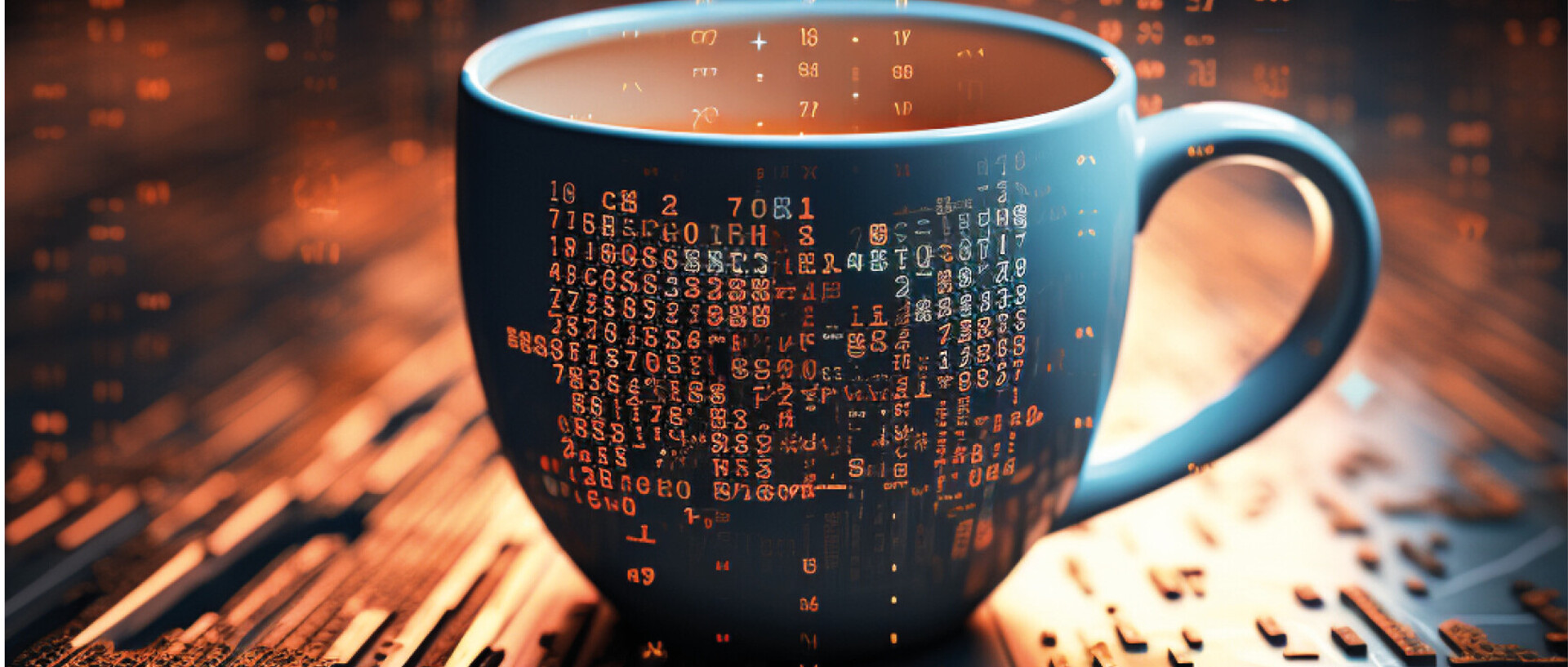AI Applications That Affect Us All
An interview with Nadine Klass, Chair of Private Law, Intellectual Property and Media Law, and Civil Procedure Law. She has been teaching and researching at the University of Mannheim since April 2017.

FORUM: What can AI already do today that’s relevant to copyright law?
Klass: Generative AI systems can produce impressive and varied creative content: text, art, music, games, design products. For instance, OpenAI’s ChatGPT can write stories, poems, or code, Midjourney and Dall-E can create new works of art, Aiva can compose classical music, and Angelina can design video games. These systems generate content based on the data they are trained on. But they can’t (yet) produce ideas out of nothing. So there’s still a big difference between human creativity — the expression of consciousness, intuition, emotion, and human experiences and intentions — and the capabilities of AI.
FORUM: How and in what circumstances can AI infringe copyright? And are AI products themselves protected by copyright?
Klass: Using works for training purposes can violate copyright. So too can distributing or publishing new content in certain cases; for instance, if the AI content is recognizably based on copyrighted works and no limitation or exception to copyright applies. There are also discussions about the copyright and authorship of AI-generated content. There’s broad consensus that content produced by simple prompts, without a sufficient degree of human influence, can’t currently be considered copyright-protected works.
Finally, there are also lots of questions around media law. Going forward, there will need to be careful analysis, and perhaps regulation, of generative AI systems and their applications, with a view to individuals’ personal rights, which could be affected by “deep fakes,” and democratic debate, which is coming under strain due to the rise of unreliable information and fake news generated by AI. That’s especially important to prevent a loss of trust in our media. We’ll need to consider ethical issues as well as technical and legal ones if we want a full, balanced picture of the implications of AI systems.
FORUM: Has any thought been given to how copyright infringements by AI could be dealt with legally in the future?
Klass: One suggestion is to create a status of “electronic personhood” for AIs, which would also entail liability. There are also discussions about lowering the burden of proof and introducing transparency and disclosure requirements. At the same time, there are growing calls for fundamental reform of copyright law that brings in new protection categories for AI products and provides clarity about the training of AI on copyrighted works. Another proposal is to make it mandatory to remunerate creators, so that they benefit from the revenue generated by AI systems. Pragmatic solutions, such as licensed agreements, could provide clear frameworks for the use of content by AIs, thus creating legal certainty and ensuring the technology is used responsibly. It does seem essential to update laws to reflect changes in technology, and it will definitely be a core issue in future debates and legislative efforts.
Text: Katja Bauer, Jule Leger/
